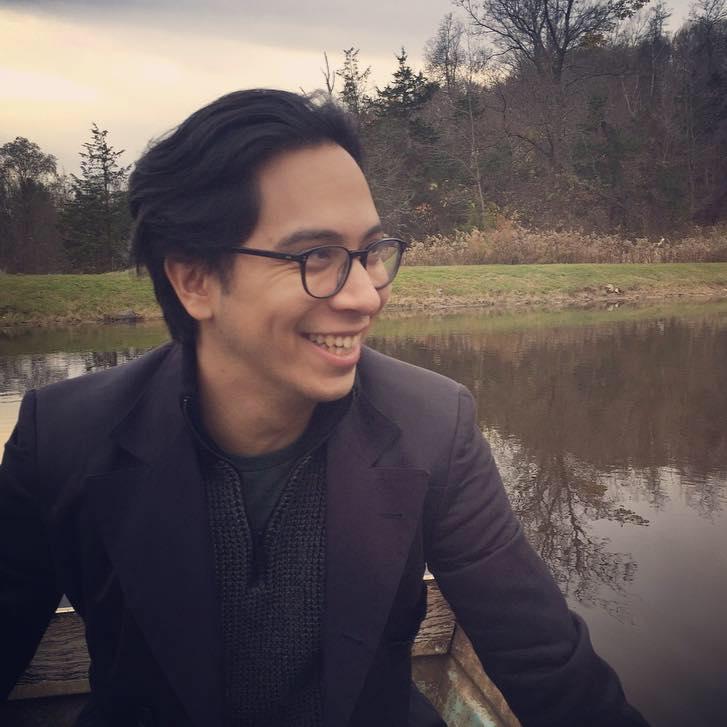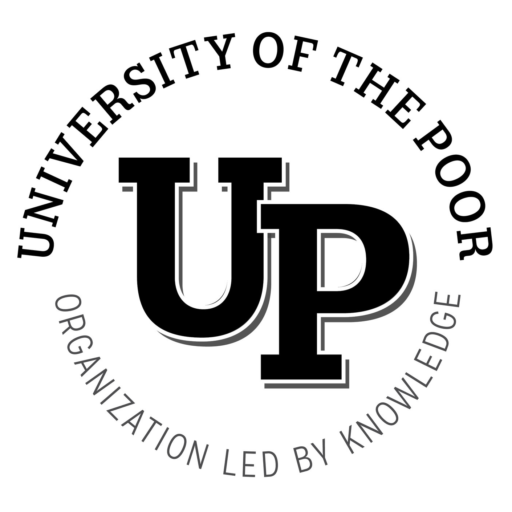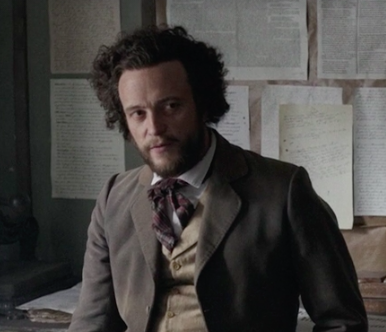By Nic Laccetti

It is commonly believed that there has been a contemporary revival of interest in occult and alternative religious ideas, especially among young people, over the last few decades. Apart from the handringing think pieces on this trend that tend to pop up monthly in the mainstream media (“What does it mean that millennials read their horoscopes??”), the statistics seem to bear this out. Interest in spirituality is booming, but adherence to traditional religions is declining, especially among millennials. According to Gallup, about 1 in 5 adults (21%) don’t have a formal religious identity; this number is even higher among younger Americans. According to the Pew Research Center, 36% of millennials ages 18–29 are religiously unaffiliated (“nones”). And a majority of Americans now believe it is not necessary to believe in God to have good morals.
However, among those polled by Gallup, the same number of people who claim no religious affiliation believe in communication with the dead, witches and reincarnation. Meanwhile, 29% of Americans say they believe in astrology (2018 Pew Research Center Poll), and 44% of 18- to 24-year-olds say that astrology is somewhat or very “scientific” (National Science Foundation survey). As David Brooks exclaims in one of those aforementioned think pieces, “That’s more than are members of mainline Protestant churches.” (Mainline Protestants now constitute only 14.7% of the U.S. population, according to Pew.)
Many commentators have noted a connection between our tumultuous political era and the rise of occult and alternative spiritualities among young people. Tara Isabella Burton, who wrote one of the better pieces on the occult revival in recent years, discusses this link in terms of “progressive witchcraft.” Her essay is worth quoting at length:
For an increasing number of left-leaning millennials—more and more of whom do not belong to any organized religion—occult spirituality isn’t just a form of personal practice, self-care with more sage. Rather, it’s a metaphysical canvas for the American culture wars in the post-Trump era: pitting the self-identified
Davids of seemingly secular progressivism against the Goliath of nationalist evangelical Christianity….
As an aesthetic, as a spiritual practice, and as a communal ideology, contemporary millennial ‘witch culture’ defines itself as the cosmic counterbalance to Trumpian evangelicalism. It’s at once progressive and transgressive, using the language of the chaotic, the spiritually dangerous, and (at times) the diabolical to chip at the edifices of what it sees as a white, patriarchal Christianity that has become a de facto state religion….
Progressive occultism—the language of witches and demons, of spells and sage, of cleansing and bad energy, of star and signs—has become the de facto religion of millennial progressives: the metaphysical symbol set threaded through the worldly ethos of modern social justice activism. Its rise parallels the rise of the religious ‘nones,’ and with them a model of spiritual and religious practice that’s at once intuitional and atomized.
As Burton concludes, “these spiritual practices remain niche, even as their commercial manifestation becomes more commonplace. And their diversity and lack of shared metaphysical grounding —in part a function of millennial unbundledness—could constrain their ability to bring people together.” In other words, without organizing these currents, “progressive occultism” won’t have the power to really challenge the power structures of our day (the same goes for the mainline liberal churches, who at least have congregations and organizations to help build a base). As Willie Baptist says, “It doesn’t matter how much mass and velocity you have if you’re going in the wrong direction.”
Still, these are ideological trends in the American mental terrain that we must study, for religious belief and practice among Americans doesn’t remain static, but changes and evolves over time. If the Poor People’s Campaign and our broader movement to end poverty aims to challenge Christian nationalism through a Battle for the Bible and other theological battles — and if Burton and others are right that “progressive occultism” is a rising religious response to Christian nationalism, especially among younger people — we can’t ignore it if we’re trying to build a mass movement.
Furthermore, there is evidence to suggest that the occult revival, besides appealing to younger people, is also taking place especially among those who were formerly in the middle class, but are now suffering from economic anxiety. One Christian podcast gathered some statistics about this last year (in pursuit of converting this same middle strata of the population to traditional conservative Christianity, rather than to a movement to end poverty). They summarized:
One in five people claim no religious affiliation (the highest since Gallup started polling over 80 years ago). However, among those polled the same number of people who claim no religious affiliation believe in communication with the dead, witches and reincarnation. More than one in four believe in astrology and clairvoyance. Approximately one in three believe in ghosts, haunted houses and telepathy. Some of this might smack of counter cultural preening, over-the-top shock movements. Yet this isn’t happening primarily amongst devotees of Tim Burton, Cure cover bands, or backwoods snake oil salesmen. The largest jump has occurred in the belief in witches, an increase of 12% primarily amongst college educated middle class Caucasians.
Though their purposes in writing their piece are very different from mine, I think their conclusions are accurate. They suggest that witchcraft and the occult are a “significant spiritual trend” and that while we have been told that “this is the least religious generation in American history . . . the rise in Occultism might suggest that we are turning a corner from crass materialism and reductionism to a belief that something is out there.” The major difference in analysis I have to these folks is that they lack any sort of economic analysis. They think the rise in occult religious beliefs is simply because the godless, disenchanted modern world is spiritually deadening and unfulfilling for young people, which leads them to seek alternatives in the realm of occultism. This might be true. But, along with commentators like Burton, I believe that it is the intense rise in economic inequality and economic anxieties, and the lack of any serious response to these realities on the part of the organized churches, that has caused so many formerly middle class people to seek alternative religious beliefs.
These are the people who, due to their privilege (frequently white privilege) and education, would have expected to easily enter the middle class and upward mobility after graduating from college. For many people (and disproportionally for people of color, though by the numbers there are more poor white people in this country than poor people of color) this is no longer the reality — insecure employment, student debt, a lack of healthcare, and living one emergency away from poverty are more realistic.
These are also the same people who are most likely to be drawn to occult and alternative religious beliefs as an expression of their search for meaning in a world that seems increasingly hostile and meaningless. Occultism and alternative religions have always particularly appealed to the spiritual anomie of the American middle class. The occult industry has always found ways to capitalize on this fact. As one extensive critique of the contemporary neopagan scene points out, “Neopagans are largely consumers to a capitalist industry they are unaware they’re a part of.” In fact, the “metaphysical/new age industry is worth well over 10 billion a year right now,” including publishing giants like Llewellyn, whose books are available in any suburban Barnes & Noble, or all over
Amazon.
This is just one segment of the middle strata of the American population — but it is a growing one. If these people are being targeted for stud by conservative evangelical Christians (as in the podcast cited above), and by a multi-billion dollar mainstream publishing industry, and by a mainstream media obsessed with publishing stories about millennial witches in the age of Trump, we in the movement might also want to pay some attention to this group as a potential population that could either move toward their traditional role of being enforcers for the economic and political status quo, or toward being potential members of a broad movement of the dispossessed. After all, many of them are already members of what we mean when those of us in the Poor People’s Campaign talk about the 140 million — people who are living in poverty or one emergency away from poverty.
If occult and alternative religious beliefs are a major part of the mental terrain of a large portion of the middle strata of the American public, especially its younger members (and I think the evidence points to this being the case), then this is another ideological battleground that those of us who are dedicated to winning the nation over to the movement must enter, just as we must engage in the battle for the Bible. We have to battle for the mental terrain of these people, and tap into the energy of their spirituality as a response to Christian nationalism (as Burton suggests that it is), to help build a mass movement to challenge the structural evils of our day.
We can’t ignore them simply because we mostly come from a different religious background or persuasion. Admitting this means also admitting that the same mainline Protestant Christian religious language we usually use will not always be the most effective way to contest the American mental terrain when it comes to religion, and, if trends continue, might become less effective as time goes on. We must broaden our theological and spiritual arsenals — along with the battle for the Bible, we might also have to engage in a magical battle.


Interest in nature based spirituality is also high in prisons among millennials and younger. People who are generationally poor and incarcerated are looking to what Mark Taylor calls “the power of the earth to confront state power.” I think, beyond the consumerism common to all American religion, there are strands of nature based spiritualities that have the potential to fuel movement building.
Great article! I think it would be interesting to see if there is any analysis of early Christianity also incorporating “paganistic” traditions. I know a lot of people who fully identify as Catholic but also believe in communing with the dead, ghosts, etc.
Fantastic article – I really appreciate the perspective and particularly tying it back to the goal of the Poor People’s Campaign to involve clergy/spiritual thought leaders in the moral narrative struggle of our work.